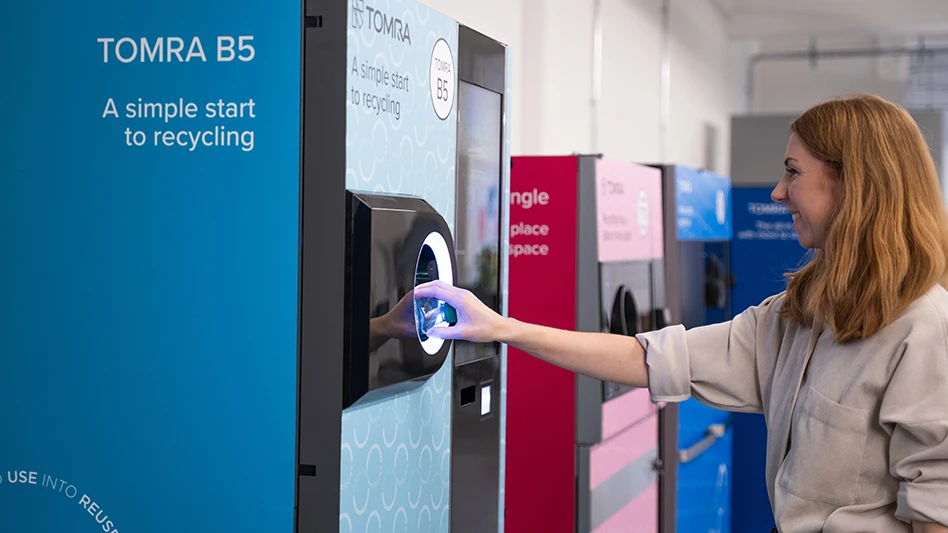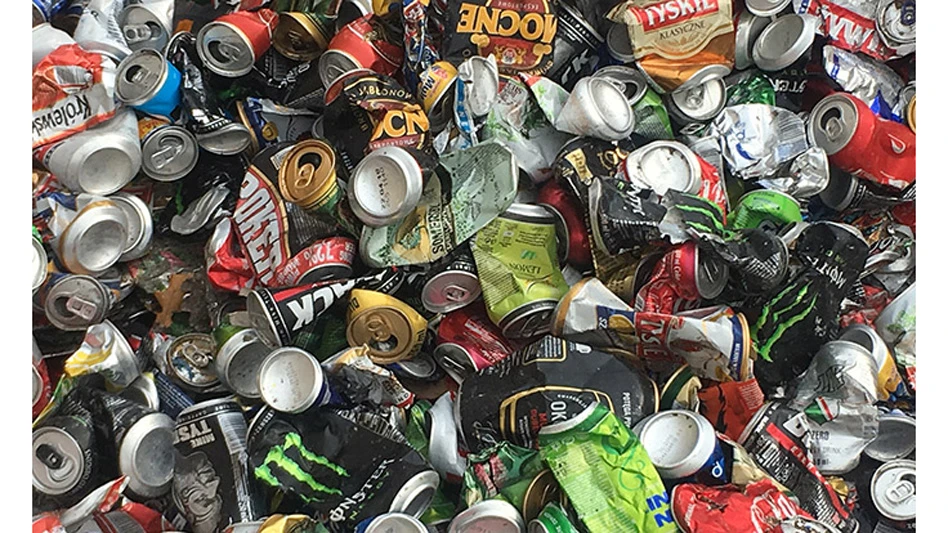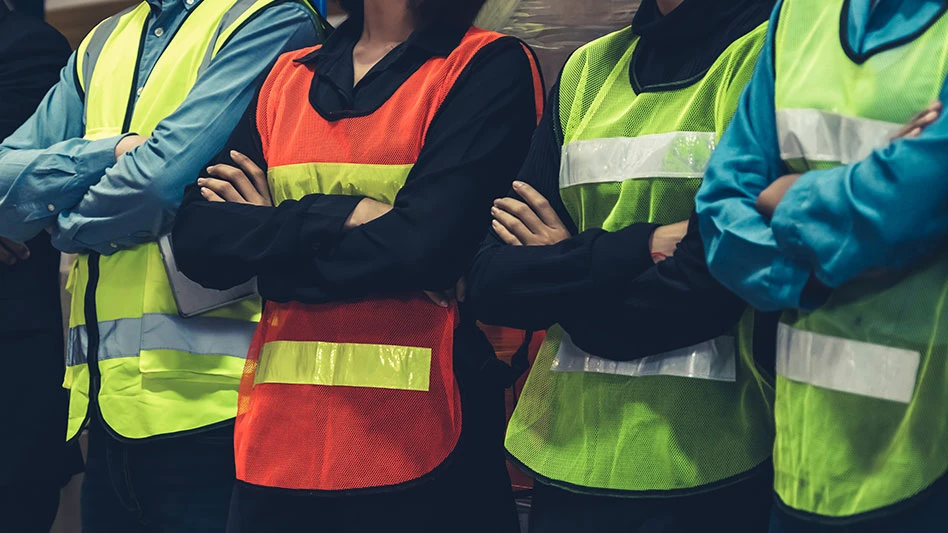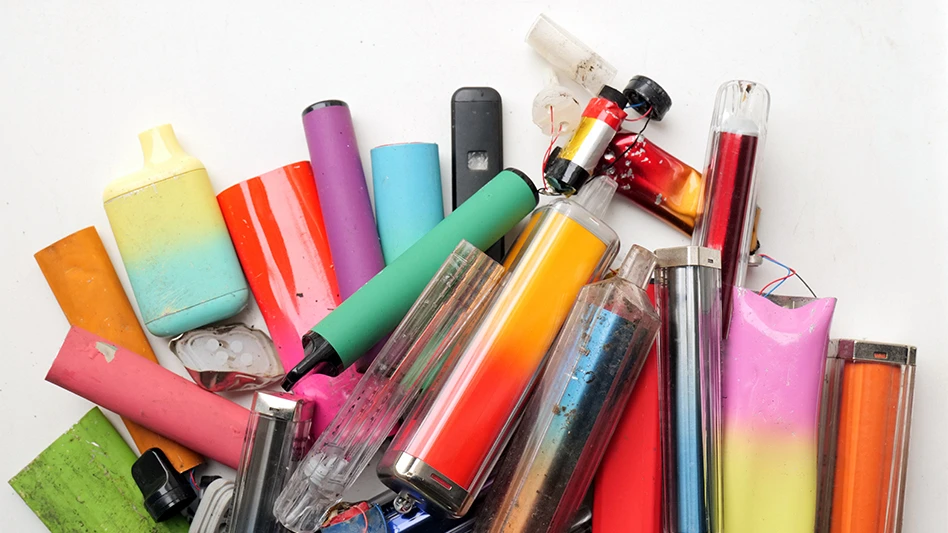
Photo courtesy of Shutterstock
The California legislature has passed AB 881, legislation designed to ensure that only plastics that are actually recycled will count toward California’s recycling goals.
According to a news release from Assemblywoman Lorena Gonzalez (D-San Diego), who authored the legislation, a large percentage of plastics from California are shipped overseas where they actually can end up burned, dumped or landfilled.
“We can’t cut corners when it comes to tackling the plastic pollution crisis,” she says. “Sending our plastic waste to another country to become someone else’s problem is dangerous and only causes more harm to the planet. AB 881 ensures we’re being honest and transparent about our commitment to reduce plastic waste in California and meet our recycling goals.”
According to the news release, a loophole in state law allows exported plastics to count as recycled, even when they are shipped to another country when the evidence indicates they will not be recycled. The state has a yearly goal for 75 percent of waste to be diverted from landfills through source reduction, recycling and composting. AB 881 is intended to make California’s waste management practices more transparent by reclassifying the export of mixed plastic waste as disposal while allowing only truly recyclable plastic to continue to count toward statewide recycling goals.
The legislation applies to mixed plastics “unless the mixture includes only certain plastics destined for separate recycling and satisfies other specified requirements, in which case that export would constitute diversion through recycling.”
The provisions would not apply to Canada or Mexico until Jan. 1, 2024, or the expiration of a relevant trade agreement or arrangement with these countries, whichever is later.
California law requires recycling and composting operations and facilities to submit periodic information to the Department of Resources Recycling and Recovery (CalRecycle) on the types and quantities of materials that are disposed of, sold or transferred to other recycling or composting facilities, end users inside of the state or outside the state, or exporters, brokers, or transporters for sale inside of the state or outside of the state. AB 881 also would require the report “to contain information on the jurisdiction or region of origin for materials that are a mixture of plastic wastes and are exported out of the country” and for CalRecycle to make that information publicly available.
The American Chemistry Council (ACC) and the Association of Plastic Recyclers (APR), both located in Washington, have voiced support for the legislation.
The ACC says it had supported AB 881 throughout the legislative process and urges Gov. Gavin Newsom to sign the bill, which he had not yet done as of Sept. 8.
“ACC and its member companies are committed to eliminating plastic waste in our environment,” Joshua Baca, vice president for plastics at ACC, says. “AB 881 supports this objective by establishing a more accurate baseline of recycling rates for industry and government to take further action, including increasing access to waste collection and recycling; supporting deployment of technologies, such as advanced recycling, to increase the circularity of plastics; and supporting innovation in product and packaging design to improve recyclability and increase the use of recycled materials in new packaging.”
Kara Pochiro of the APR says, “This is something APR has been asking to have enacted, even prior to ‘National Sword.’ The counties had been exporting to Asian markets to earn 100 percent diversion credit in an attempt to meet their diversion goals. As we all know, mixed waste or even single-resin bales are not 100 percent of anything. The bill was passed on a bipartisan vote and, in effect, it codifies what CalRecycle wanted and what the industry has been asking for.”
The Institute of Scrap Recycling Industries (ISRI), Washington, however, says the legislation would be burdensome from an administrative perspective.
Adina Renee Adler, ISRI’s vice president of advocacy, tells Recycling Today, “Recycling is essential to domestic as well as international manufacturing supply chains. Trade restrictions—including administrative burdens such as data reporting—will impair the circular economy without adequate resources dedicated to improving consumer awareness and education and incentives to purchase products made from recycled content.”
Latest from Recycling Today
- ReMA urges open intra-North American scrap trade
- Axium awarded by regional organization
- China to introduce steel export quotas
- Thyssenkrupp idles capacity in Europe
- Phoenix Technologies closes Ohio rPET facility
- EPA selects 2 governments in Pennsylvania to receive recycling, waste grants
- NWRA Florida Chapter announces 2025 Legislative Champion Awards
- Goldman Sachs Research: Copper prices to decline in 2026





